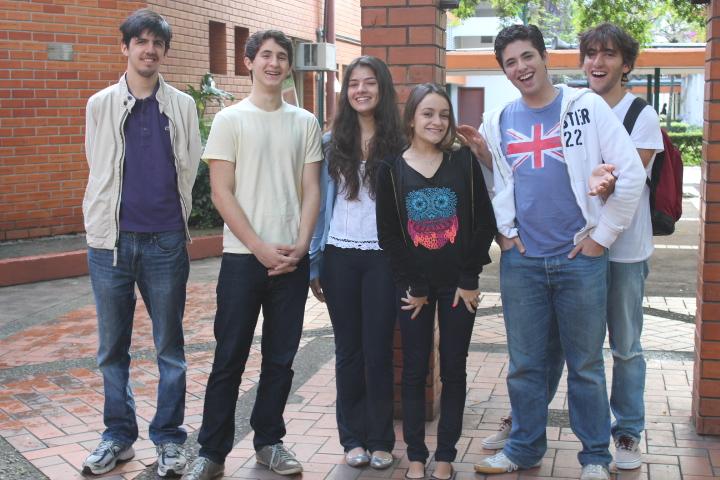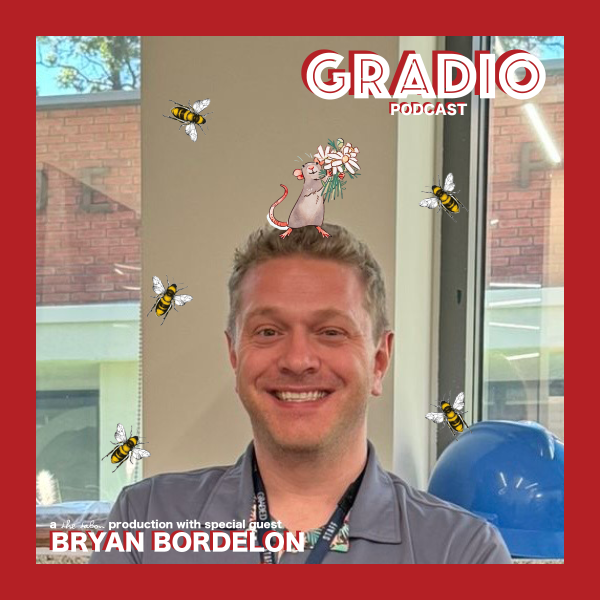When was the last time you noticed the sound of your breathing?
“Don’t count your chickens before they’re hatched—in fact don’t count your chickens at all”:
I try to live my life by many philosophies. For example, I don’t trust anyone wearing a vest. But, to quote famous English musician, singer-songwriter, multi-instrumentalist, activist, actor and philanthropist Gordon Matthew Thomas Sumner, better known by his stage name Sting, for “every breath you take … I’ll be watching you.” It’s easy to listen to the sound of my own breathing. Done. Just did it. Boom. Just did it again. The hard thing is to listen to the sound of others breathing. Hypothetically speaking, of course, ignoring the logistical complications of positioning one’s self at a close proximity to another person for the sake of listening to the sound of their breath as it escapes their lips without being noticed, such a thing is is astonishing on a conceptual level. For one thing, there is the whole factor of taking silence into consideration. Silence, unlike revolutionary communist masses, can’t be accounted for and controlled. Silence is something that must be cultivated, grown to the optimal level and harvested systematically like beets. Then, one must account for the space and environment. As the common adage states, it’s all about location, location, location. One must concede the fact that there is a difference between trying to hear someone breathing in a crowded room and in their closet, as you peer through the racks of clothing, and they are deep asleep. For me, it just goes to show, saying is easier than doing, which, in turn, is easier than trying to listen to the sound of someone breathing. But, hey—when in Rome!
Walter Mellon:
Now. Now is the last time I heard my breath. Wait for it. Wait for it. Breath heard. Ventilation is a marvelous confabulation of the art of natural creation with the exorbitant existence of self. I cannot resist the idea of breathing, although there are other gaseous exchanges which supplement my interest further, such as flatulence. Flatulence is to a restricted measure the exertion of breathing at the counter end of the body. I do not completely comprehend the reasons concerning the negative paradigm in which flatulence has been placed. It is of a natural nature such as breathing. Furthermore, it can be heard with clarity, whereas breathing is almost impossible to be heard. Ergo, flatulence is more interesting than breathing. If one offers the subject as much thought as I judge necessary, one will be able to detect the importance of this natural act—it is vital. One cannot live—at least comfortably—without exerting the act daily and repeatedly. Hence, the most fundamental question is not the last time you heard yourself breathing but, on the other end… which is as inherent and normal as breathing. Walter Mellon—yes, myself—exerts the act daily and is proud to announce it to the whole of humanoid civilization. I thank you for recognizing the value of my arguments, which you surely will, since they are absolutely sound.
With much love,
Mr. Walter Mellon
Julius Caesar II:
The last time I noticed the sound of my own breathing was actually at Nosso Recanto camp. I had to share a room with seven other people, and at least three of them had an issue with loud snoring. I couldn’t fall asleep for most of the nights I spent there because I am an incredibly light sleeper. Therefore, instead of focusing on their snoring, I tried desperately to start focusing on my own breathing. I never do that because I have weird breathing (like I barely ever make sounds when I sleep), but this time I decided to “search” for my breathing. I decided to change up my breathing patterns, so that I could somehow entertain myself and distract my attention from the symphony of snoring around me. It was a strange feeling to so clearly notice my breathing. It was quiet, but very interesting at the same time. After a little while, though, my efforts were thwarted by the sound of the snoring as it grew louder, so I just decided to ponder how a person snores without noticing it for the whole night.
Lucidity:
It was late at night and I was home alone. Now, I don’t want you to think I’m scared of being by myself—on the contrary, I like to spend time immersed in my own thoughts. That night, however, was different. I was watching TV, enjoying my absolute power over the remote control, when all at once I heard a deafening sound. Then the lights went out and the room went into complete darkness. At that time, I was still calm. “It’s just another power outage,” I told myself, “I’ll just wait for it to come back.” Everything was silent. I could hear the sound of my own breath. Immersed in my own thoughts, I heard another sound—this time more like a squeak, coming from my brother’s room. It wasn’t very loud. At first I thought I had imagined it, but then I heard it again. “I better see what’s going on there.” Using my phone as a flashlight, I looked around the room but there was nothing unusual. When I went back to the living room, however, I heard a very weak and breakable voice. I imagined a little boy standing next to me in his striped PJ’s. He said “Hi…” OK, I’ll admit that at that moment I was freaking out. I ran to my room, got under the sheets and hid my head under the pillow. In my mind, I kept imagining the little boy talking to me. I then decided to sing the Brazilian national anthem, one of the few songs I know by heart. I started slowly calming down, as the song went on in my head, until I finally fell asleep. And that’s why the sound of your own breath shouldn’t be noticed. Listen to the Brazilian national anthem instead.
ToKid:
This question reminds me of an article by William Deresiewicz, “The End of Solitude.” In the article, Deresiewicz stresses the importance of being alone for the development of human creativity. He argues that “solitude is the arena of heroic self-discovery,” and that our desperate craving not to be alone, nowadays, is unhealthy. He blames this craving on the advent of the Internet. Now, with our completely interconnected world, it is impossible to be alone. You can’t spend more than an hour without having your phone vibrate with newly arrived messages from countless social networks; whenever you open your computer, the room is flooded with the sounds of numerous notifications. But, what does this have to do with the question, you may ask? Well, I haven’t listened to the sound of my own breathing for a long time, and I bet you haven’t either. So, my advice to you is to turn off your devices for a while. Let your creative juices flow by taking Deresiewicz’s words to heart and taking a moment to be alone. And thrive in that solitude, without being lonely, which is different from solitude in that it is the craving to be with someone, not without. I bet that, in those moments, you’ll hear much more than just the sound of your breathing.
“Reality is almost always wrong”:
When do you ever notice your breathing? That’s like noticing your heartbeat. Only when it’s pounding, or if you feel for it. Like if you tap your carotid, like this, you can feel the… the… I have no pulse. I don’t feel anything. Am I going into cardiac arrest or something? I need to get to—oh no wait, there it is. One… two…three… yep, seems normal. My fingers were just in the wrong place. Well, that’s a relief. A heart attack would have been a bad sign, especially when sitting at my desk. No, wait, I mean cardiac arrest—different things. Cardiac arrest is no heartbeat, heart attack is ischemic heart muscle death. Can cause cardiac arrest, but isn’t the same thing. You’d be surprised how often the average person gets those two mixed up. Speaking of things not to mix up, don’t mix potassium and water. Actually, scratch that, do mix them, just be careful with it. The explosion is pretty cool. But—hmm…if bananas have potassium and water, why don’t they explode? Eh, the potassium is probably in a compound. So the most dangerous thing about a banana is still slipping on it. No, it’s not the radiation; the amount is minimal. You get way more radiation from a CT scan. So don’t move while doing one, or you might have to do it again. Just listen to your breathing, and stay still.











